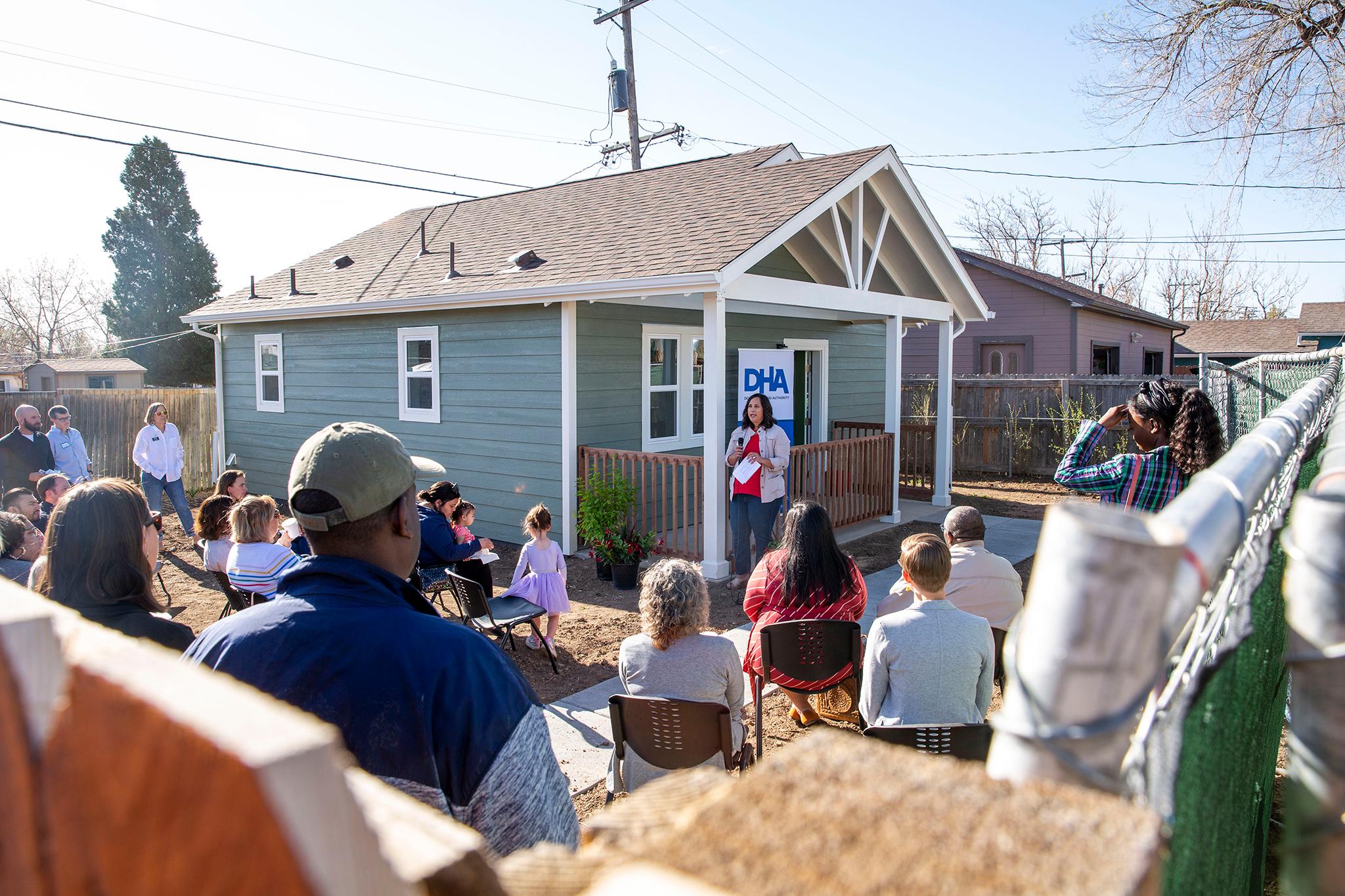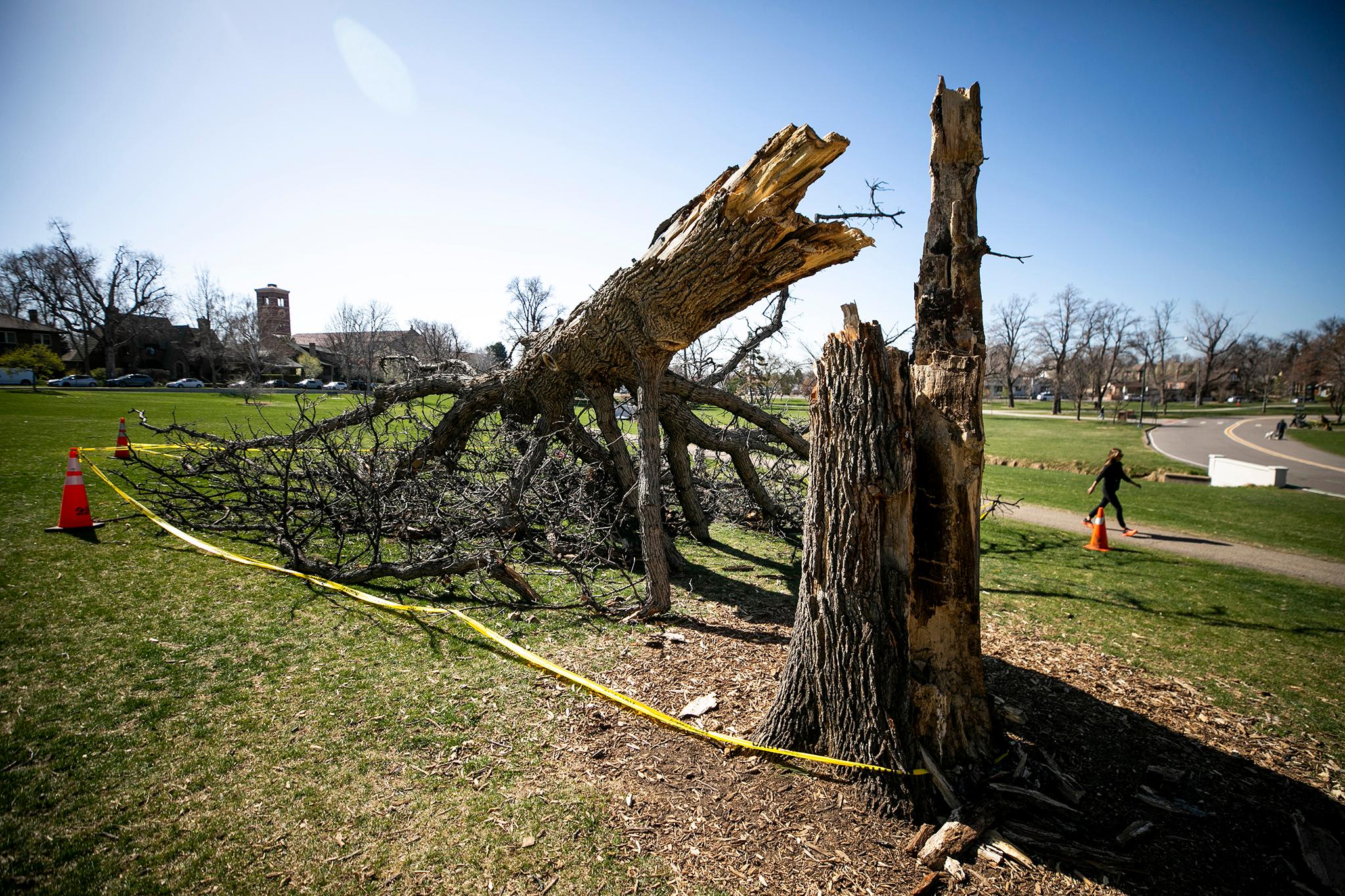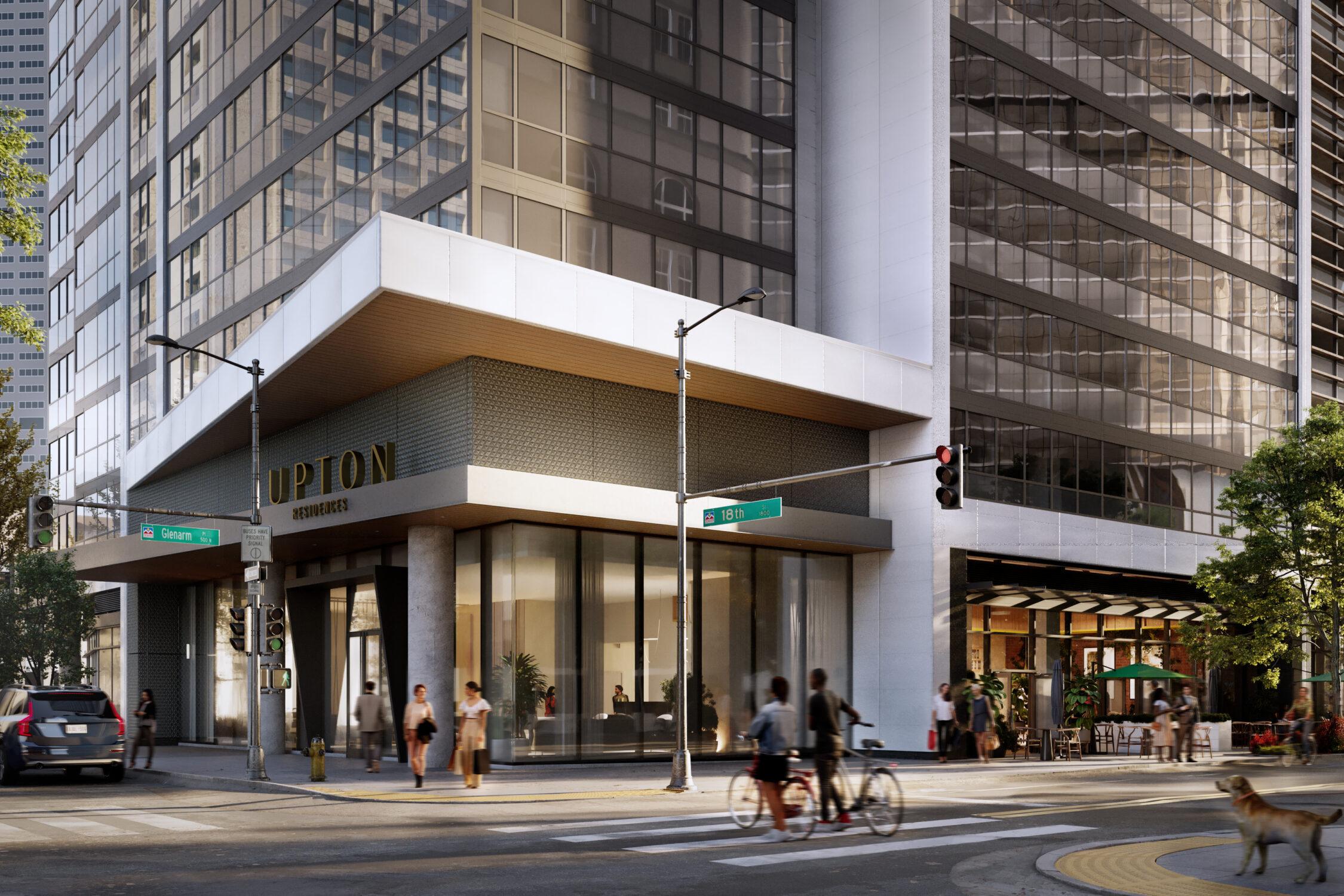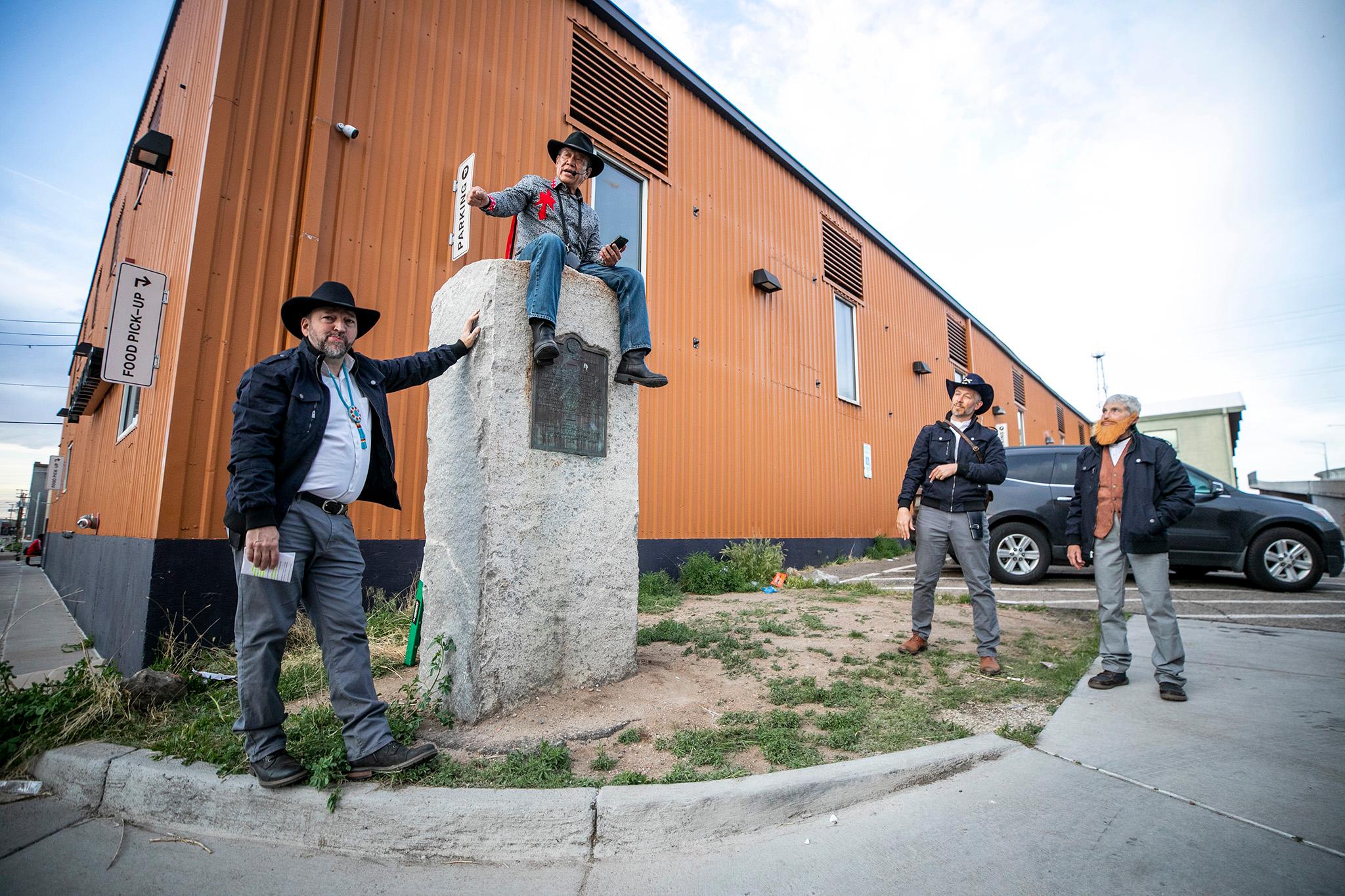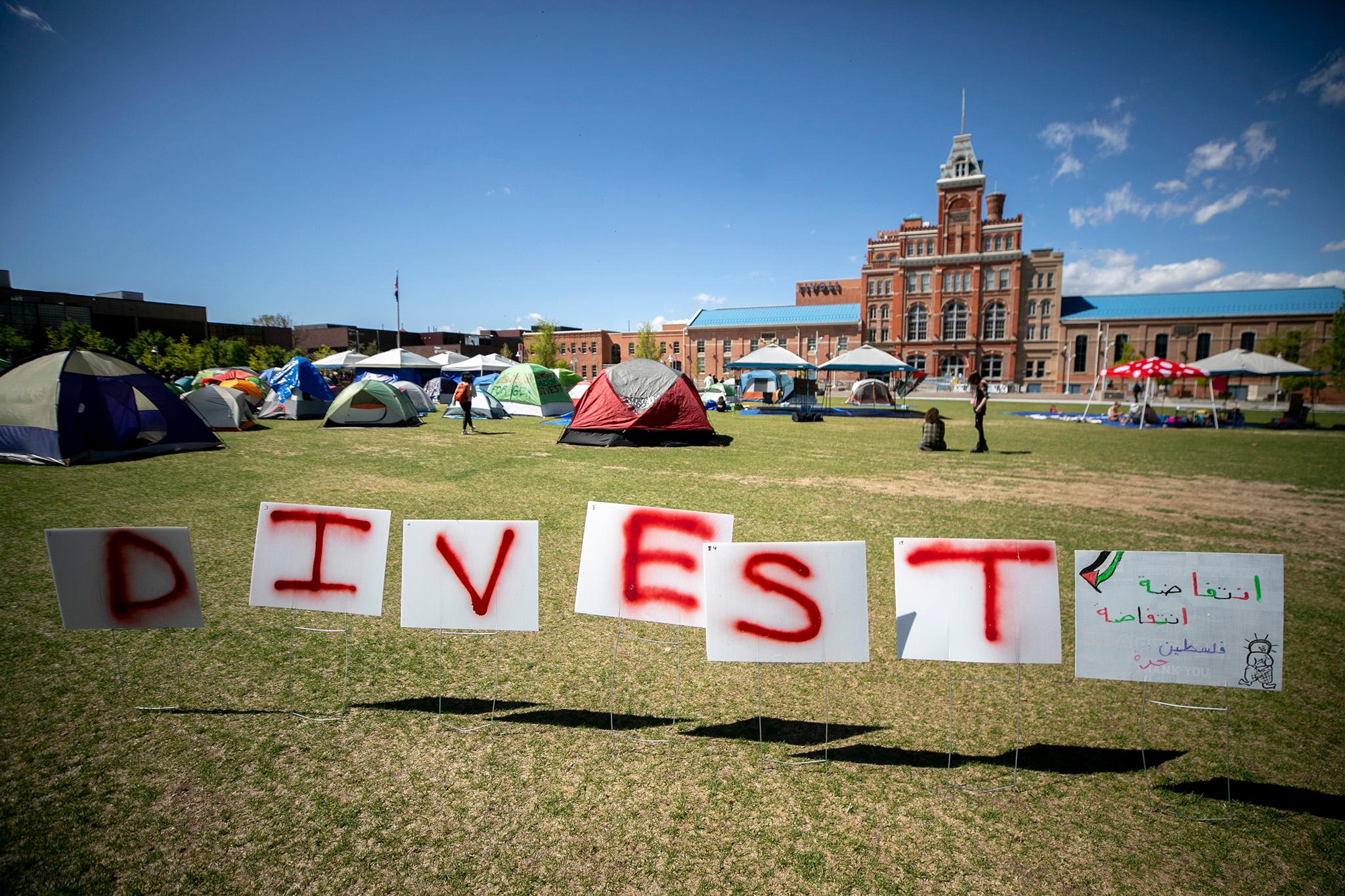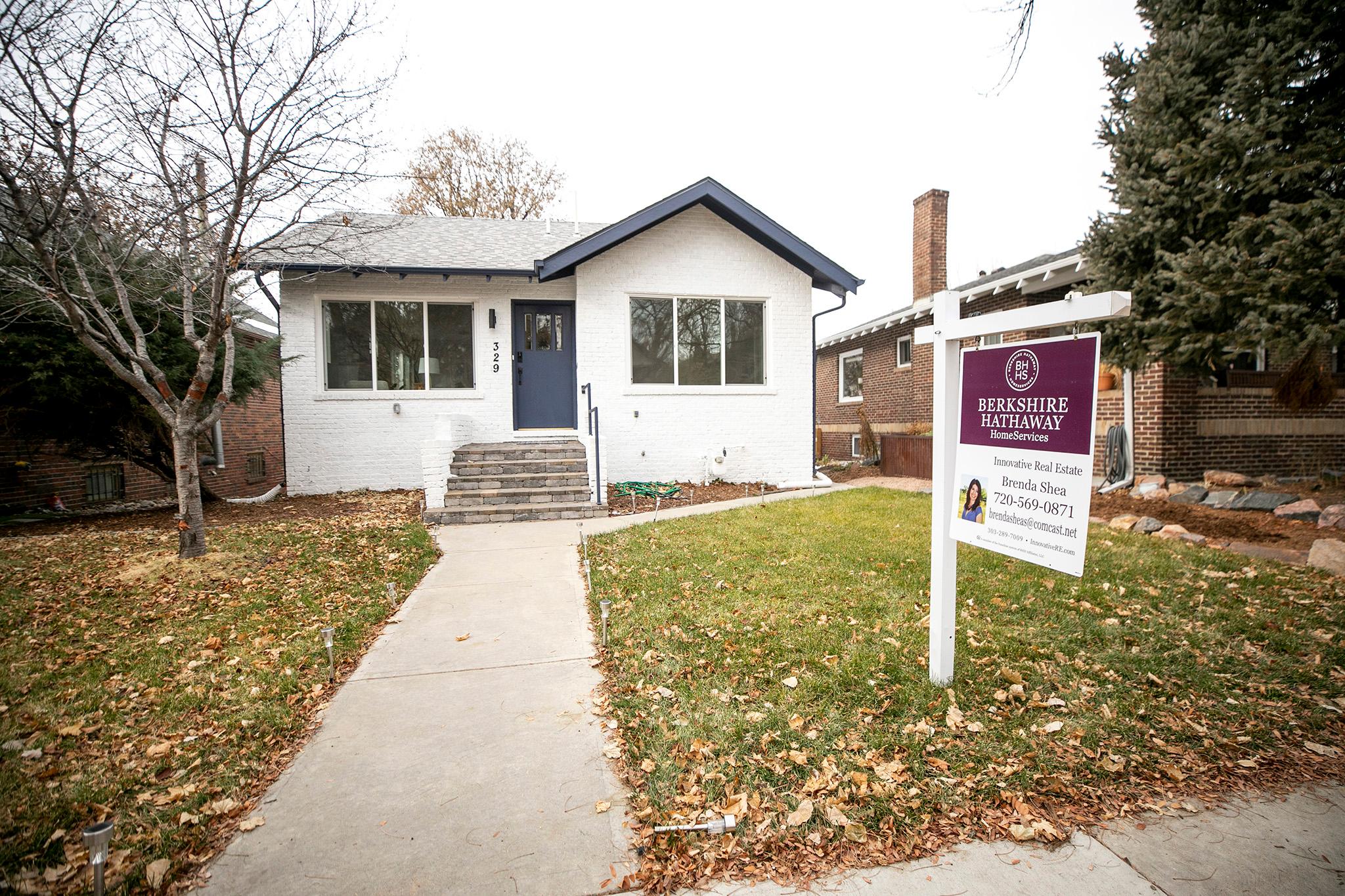Additional funding may be available to a West Denver program that helps residents build accessory dwelling units, if it gets City Council approval.
On Wednesday, Safety, Housing, Education & Homelessness Committee approved a proposed amendment to a funding agreement between the city and the West Denver Single Family Plus ADU Pilot Program. The amendment would provide an additional funding increase of $630,000 and extend the funding term to December 2024.
The pilot program is run by the West Denver Renaissance Collaborative, which was created through the Denver Housing Authority, the Department of Housing Stability, Habitat for Humanity of Metro Denver, First Bank, the Strong, Prosperous & Resilient Communities Challenge initiative, Fannie Mae and the Colorado Housing and Finance Authority.
It was created in 2019 to help moderate- and low-income homeowners with developing, designing, financing and constructing detached ADUs. The program focused on nine west Denver neighborhoods, including Athmar Park, Barnum/Barnum West, La Alma/Lincoln Park, Sun Valley, Valverde, Villa Park, West Colfax and Westwood.
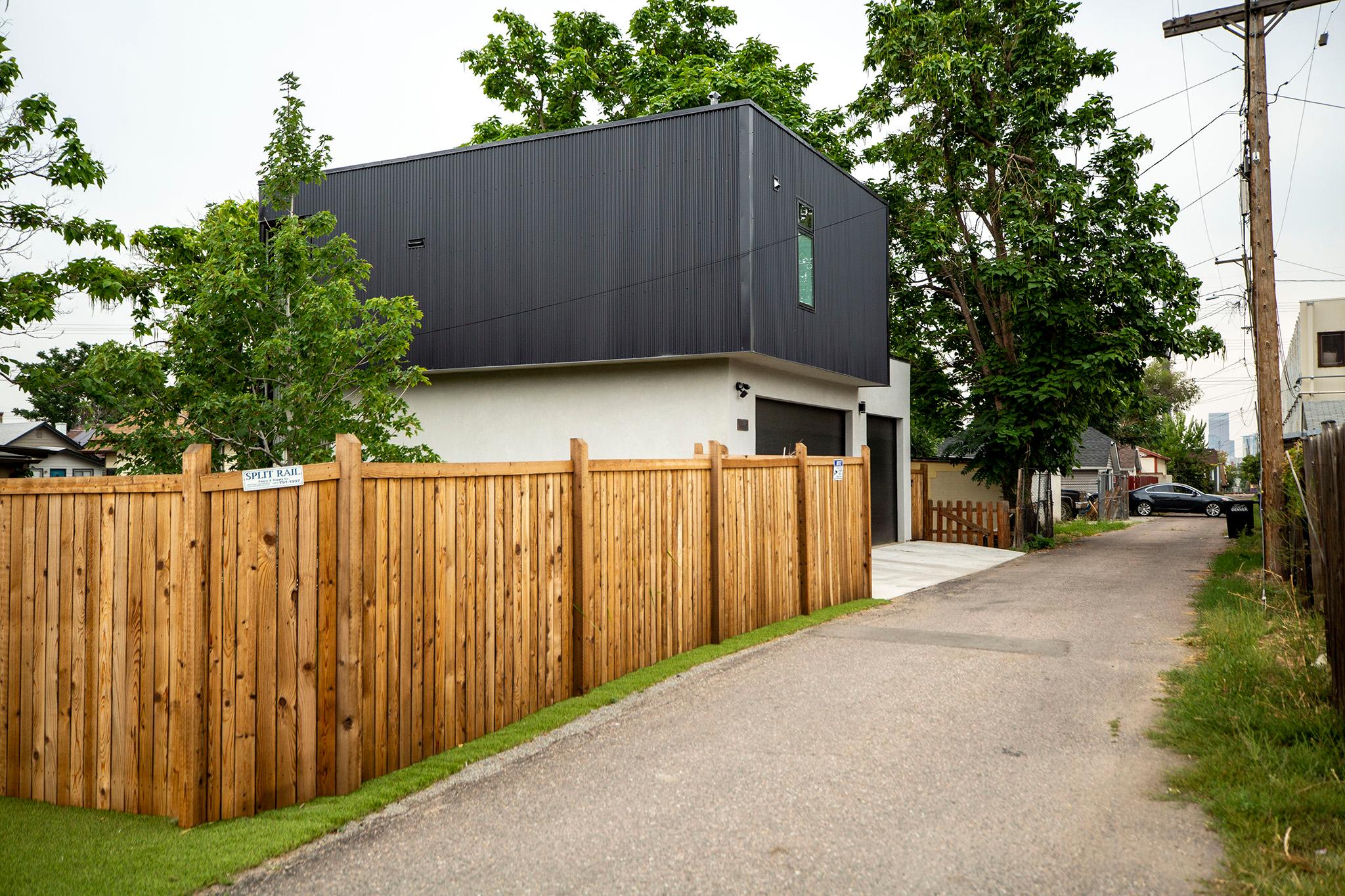
The program has had a slow start due to the pandemic. As of now, five ADUs have been completed while six are in construction and eight are in final design and permitting. Four to six participants are currently in the housing counseling phase.
The proposed amendment to the funding would increase the program's capacity to build 18 more ADUs. A total of 35 will be built.
The amendment also allows the program to go beyond the westside borders. At least 70% of the ADUs will be built in west neighborhoods with the remainder going city-wide where zoning allows for it.
Through the program, homeowners can choose from five types of ADUs: studio, one bedroom, small two-bedroom, large two-bedroom or a three-bedroom. About seven of the ADUs being worked on in the program are two or three bedrooms.
Those homes are built by Habitat and cost between $116,000 to $231,000. Each ADU must be used for residential occupancy. No short-term rentals or non-dwelling uses.
The program currently offers homeowners up to $30,000, but the amendment would bump that to $35,000. The loan comes with several stipulations that must be followed for at least 25 years. If a homeowner makes 81% of the area median income or more, and is interested in renting, they must rent to someone in the 80% or less range to qualify. If the homeowner makes 80% and under, the tenant isn't required to have a specific income.
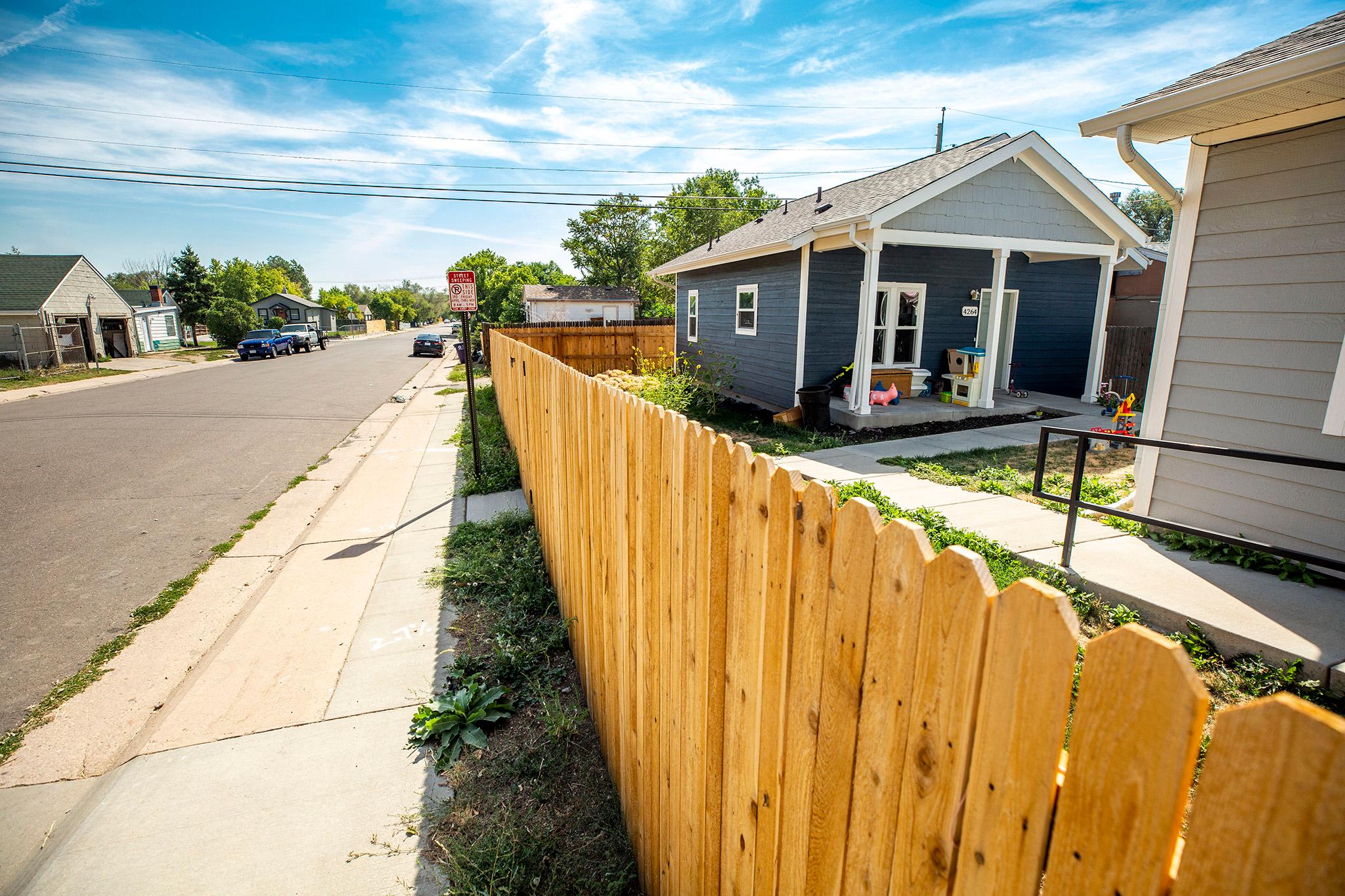
With the committee approval, it'll move to City Council in the coming weeks.
ADUs are one of the ways the city is looking to address the housing crisis, both the lack of actual housing and affordable options. According to Blueprint Denver, ADUs can help with growth, gentrification and displacement throughout the city. They provide additional space for families looking to house relatives, or opportunities for homeowners to rent out part of their properties for additional income both in the long and short term.
However, ADUs aren't the easiest thing to build.
The process can be tedious to navigate - and zoning regulations, construction codes and other costs can make the process even more complicated.
Community Planning and Development put together an ADU community advisory committee and project team to work on streamlining the process and reducing the barriers to building ADUs.
The last advisory committee meeting will be Dec. 15. and is open to the public. A draft recommendation is expected to be released next year.

